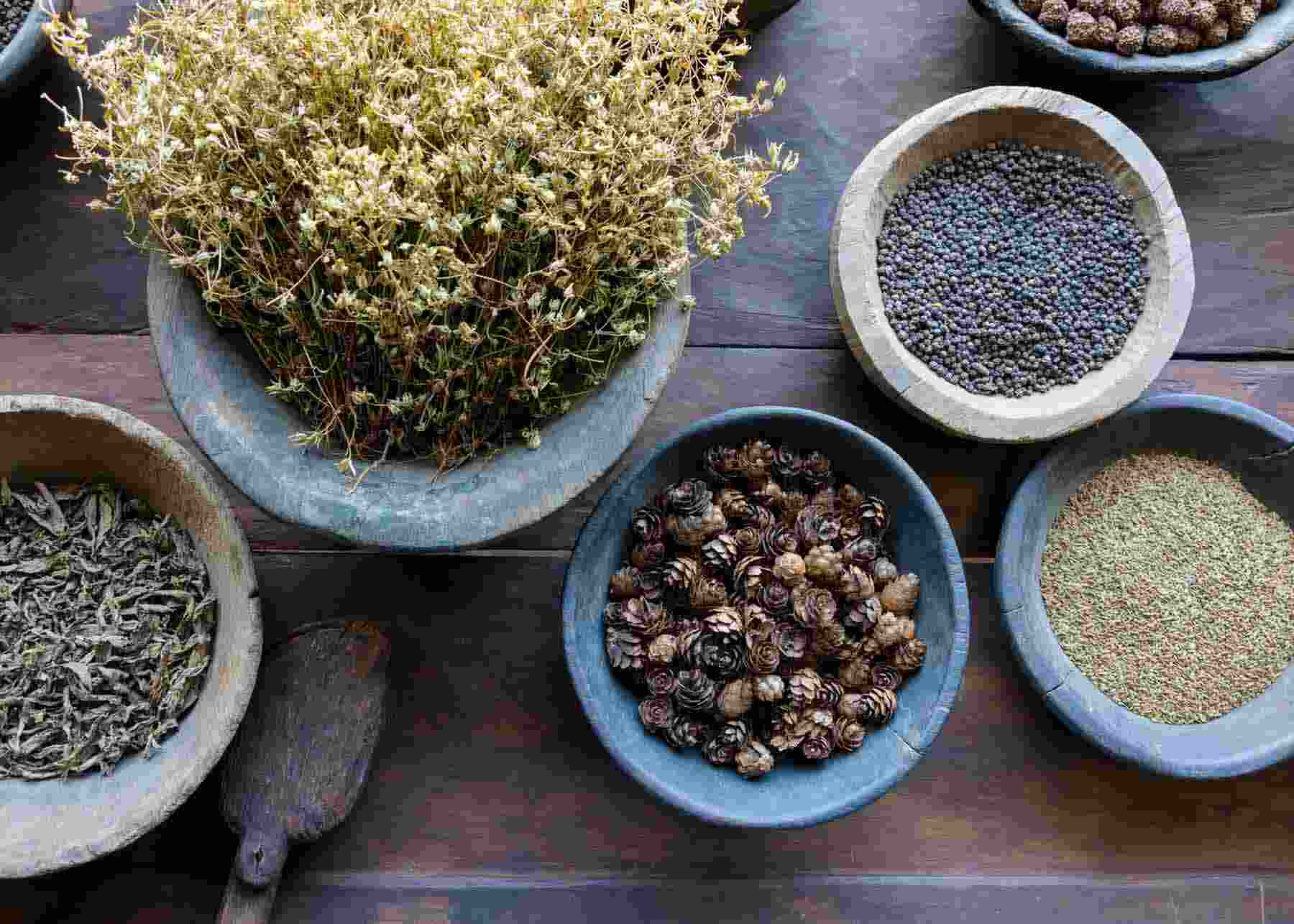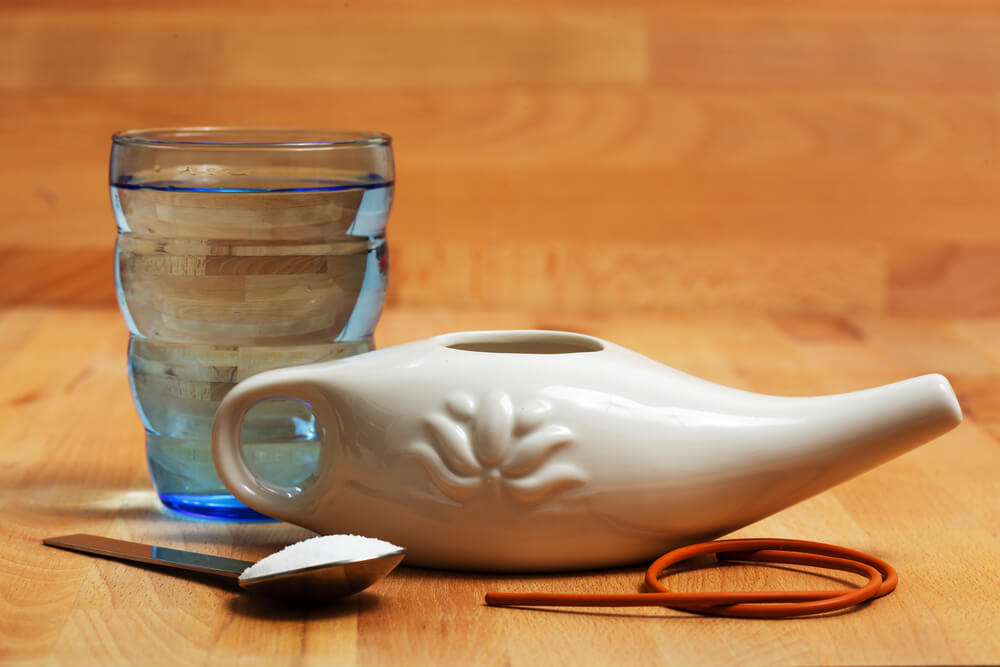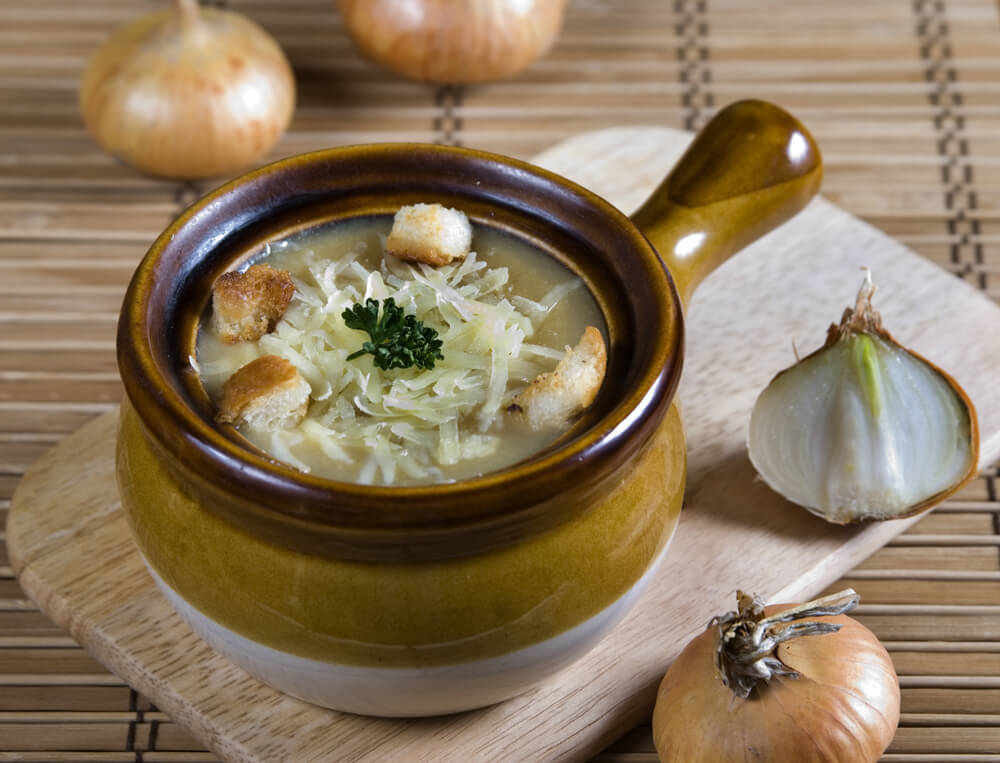Winter has arrived and with it a harsh, cold, light, dry, mobile, irregular, rough, moving, quick and changeable, albeit beautiful, environment.
Ayurveda refers to this period as vata season. If you think about the seasons correlating to the stages of human life, winter, or vata season, would be the later stage, or the "wisdom years." Like the winter weather outside, the human body becomes more brittle, dry, and less nimble with age. It's important to adjust your daily routine and diet to accommodate these shifts, so your body and mind remain supple and balanced.
Here are some signs and symptoms that winter is creating a vata imbalance:
- Cracking dry skin
- Restlessness
- Constipation
- Aching joints
- Excessive worry
Rather than bombarding you with diet and lifestyle tips to address these symptoms, let's focus on ways you can tweak your diet so you can enjoy winter. You may recall that Ayurvedic philosophy states that like increases like, while opposites decrease.
Balance vata by avoiding cold, light, or dry foods. Instead, favor warm, heavy and unctuous meals that have a little spice. Make sure you avoid foods like rice cakes, popcorn, cereal, crackers, raw carrot — anything with a crunch is most likely going to be vata aggravating.
To combat dryness introduce healthy oils into your diet. Increase your consumption of soaked nuts, avocados, olive oil, sesame oil and ghee. Oiling from the inside out will also serve to nourish those cranky joints and keep your bowels more regular.
Consuming grounding foods will create a feeling of stability. For a solid dose of grounding grub, seek out vegetables that grow deep below the earth's surface. Root vegetables are phenomenal this time of year. Sweet potatoes, potatoes, beets, turnips, carrots, and parsnips are great choices.
Boost the body's temperature by eating warming foods, such as hearty soups and stews. Porridge is a great option for breakfast in the wintertime. My personal favorite is stewed apples with Cinnamon, Cardamom, and ground Ginger. To make this, simply chop up an apple and toss into a small pot with a splash of water. Add a ¼ tsp of Cinnamon and a pinch of Cardamom and Ginger and let this simmer covered until the apple has softened, being sure to check the water level periodically. Sometimes I add a few tablespoons of steel cut oatmeal and additional water to create a more substantial breakfast. Top that with a scoop of chunky almond butter and you are in for a treat.
Don't forget to spice it up! Add warming spices such as Ginger, black pepper, Cinnamon, cumin, or turmeric to your favorite dishes.
Favor heavier foods that you would normally shun in the summertime, such as wheat, meat, dairy and sweeter tastes (preferably dates and raw honey rather than loads of cupcakes). This is the time to eat comfort foods so load up on the mac and cheese! Although it may seem counterintuitive, the digestive fire actually kicks up in the wintertime and the body is better able to process these denser foods — in fact, we actually need them. Think about how squirrels store nutrient-dense nuts for the wintertime. These little guys intuitively know that now is the time to add a touch of insulation — it's a matter of survival.
Dig in mindfully and navigate this season with grace and ease!
Writer Lauren Sauer is a graduate from the Kripalu School of Ayurveda and a certified 500 hour Kripalu Ayurvedic Yoga Teacher. As an Ayurvedic Health Counselor, she is passionate about educating others to become their own health advocate, to live with the rhythms of nature and to simply slow down and breathe. She currently resides in the beautiful Berkshires as the intern with the Kripalu School of Ayurveda.
For educational purposes only. This information has not been evaluated by the Food and Drug Administration. This information is not intended to diagnose, treat, cure, or prevent any disease, or to sell any product.
Recommended Products
Further Reading



















